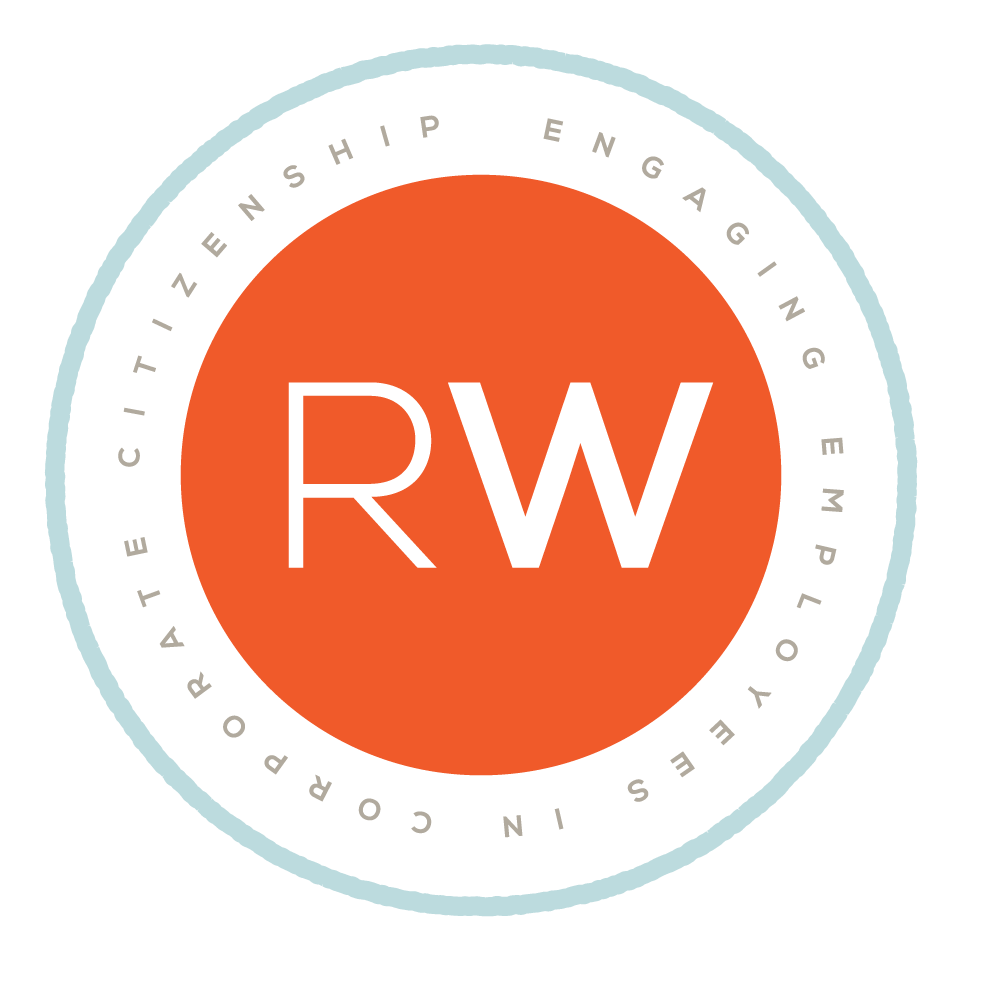How & Why Employee Volunteering Makes Companies Smarter
Aug 4, 2011 12:47 PM ET
The Business Case for Employee Volunteering - Case #5
Smart people impress me. The ability to retain and recall pertinent information and then synthesis the collected data in meaningful ways that address current contexts - well, that’s impressive. Add a sense of style and humor, that’s pretty much the whole package.
In much the same way, companies are either smart, or less smart (I mean dumb, but I didn’t want to offend anyone). Some corporations seem to be able to pull relevant information and skills from across business divisions and apply these resources towards meaningful solutions to the current business context. Smart businesses are obviously more profitable and competitive.
A good employee volunteer program can make your company smarter.
Connections Matter
A defining characteristic of most employee volunteering programs is that they usually involve groups of employees. Some employee volunteering is done solo or in small groups. More often that not (much to the dismay of many nonprofits), corporate volunteering is a large team sport.
That means that while they volunteer, employees are able to meet coworkers they may not normally have a chance to interact with. They guys from the mail room are chatting it up with the sales team while the custodians are painting a wall with the executives from the top floor. Normally, these types of social interactions would simply not take place. There is a magic that can occur during an outstanding volunteer experience. Within that magic, anything is possible.
Consequently, corporate volunteering fosters a unique expression of corporate connectivity. Similar to a brain growing new synaptic pathways, this kind of networking engenders relational awareness that is far more significant than any org chart. Profiles, departments, and job titles become real people with shared interests and dreams - all brought together by a cause and supported by the brand.
If new relationships are discovered, existing relationships are strengthened. Teams that work across from each other in cubicles find new reasons to connect and strengthen relational bonds while building a Habitat home. This is all due to the basic nature of our humanity (and a little bit of oxytocin).
Information Spreads
How you know...
It makes sense that people are more willing to share information in environments where they’re enabled to build relationships. Why? Because relationships cultivate trust. In the context of relationship, we find ourselves sharing more than just raw information – we also talk about how best to use that information. For example, when someone I’ve never met asks me a question via email, I may simply reply with a bullet list. However, when someone whose name I know and face I recognize asks me the same question, I have a willing sense of obligation that motivates me to expound on the bullet list with helpful pointers, recommendations, and resources. A strong network of relationships is the most effective context for sharing information and knowledge.
Benefit: Employees are informed and work in a trust-based environment.
What you know...
By building both strong and weak connections among employees, corporate volunteering helps create an environment of trust in which social networks thrive (read more here PDF). These networks facilitate the flow of information among those in the network. It is this network - based on reciprocity, obligation, trust and social norms - that results in the effective sharing and use of knowledge. The result is increased cooperation and collaboration. Employees in these settings are able to access more information and access company wide relationships to solve problems, innovate and increase their personal productivity.
Benefit: Employees are more informed and motivated to collaborate.
Read the rest of the article here.

